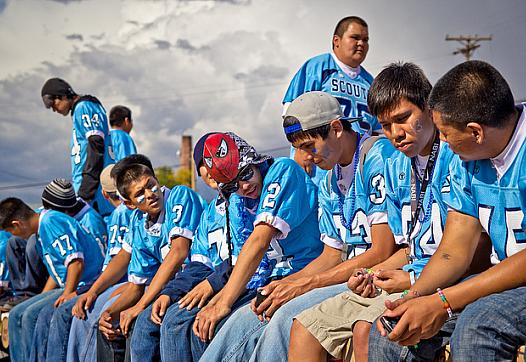
When reporter S.E. Ruckman set out to tell the story of how the ACA rollout was faring among Native American communities, she found little help and few resources. But she pushed forward, and found value in persistence and serendipitous connections.

When reporter S.E. Ruckman set out to tell the story of how the ACA rollout was faring among Native American communities, she found little help and few resources. But she pushed forward, and found value in persistence and serendipitous connections.
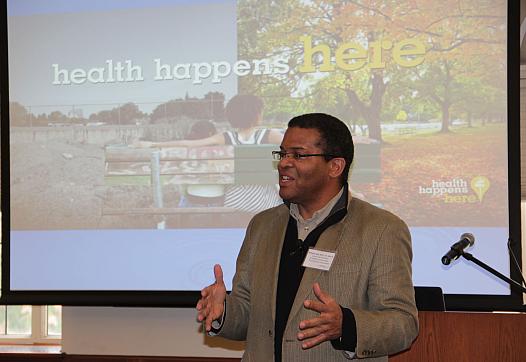
“Health care is what happens when things go wrong,” Dr. Anthony Iton says. “Health care doesn’t actually make you healthy — it prevents you from deteriorating rapidly.” The broader forces that really shape health, he argues, are what journalists and policymakers should really be focusing on.
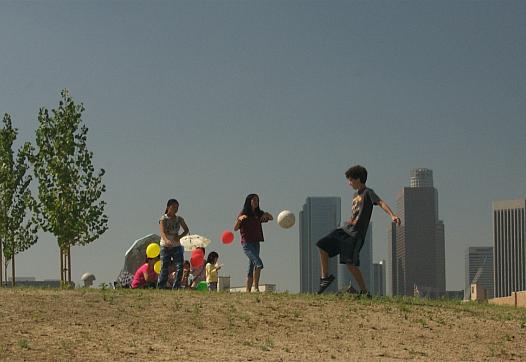
My project will look at current research into cancers that disproportionately affect ethnic minorities, specifically Jewish and African-American communities. I will examine medical discoveries and ongoing clinical trials that hope to shed light on breast and ovarian cancer, male breast and prostat
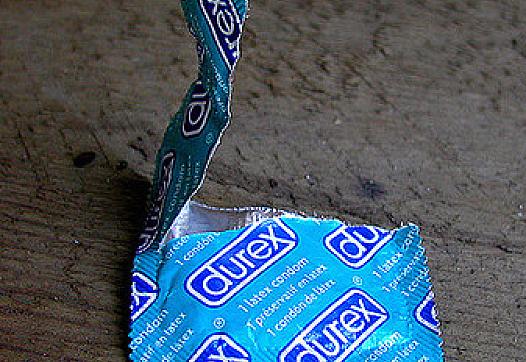
Sexual health and reproduction are not openly discussed in the Vietnamese family beyond discouraging premarital sex, and there are few resources to help families navigate the challenges of a cross-generational, cross-cultural "sex talk."
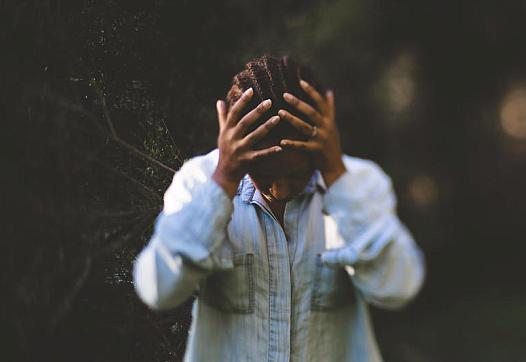
This three part series will be looking into mental health care among black communities within the U.S. Focusing on access, stigmas and cultural views toward mental health.
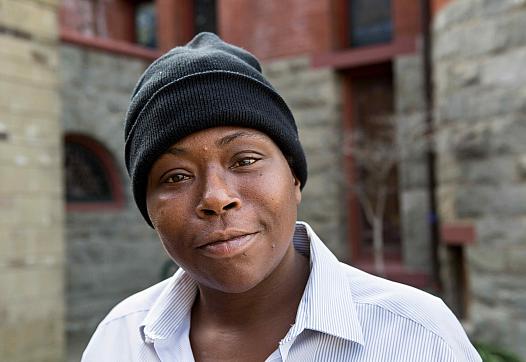
The seeds for the Welcome Home Project were sown while I was interviewing Dan Simmons, a program analyst for an anti-violence program in Oakland. Formerly incarcerated himself, Simmons knows what it takes to stay out of prison. “We put most of our resources towards the 65% of former inmates that re
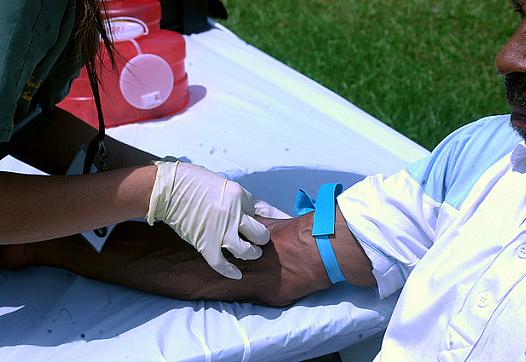
When you’re searching for a question to guide your data reporting, it's worth thinking about scope and impact. How big or small is the problem you are trying to explain or expose?
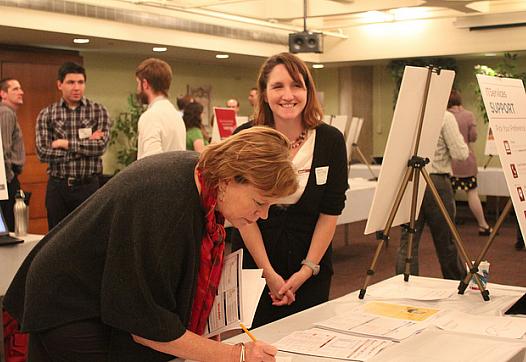
Sign-ups for insurance on the federal and state health exchanges end in less than a month, and the state's push to enroll more Latinos appears to be paying off. Meanwhile, safety net providers such as Clinica Sierra Vista are focused on both signing up and retaining patients.
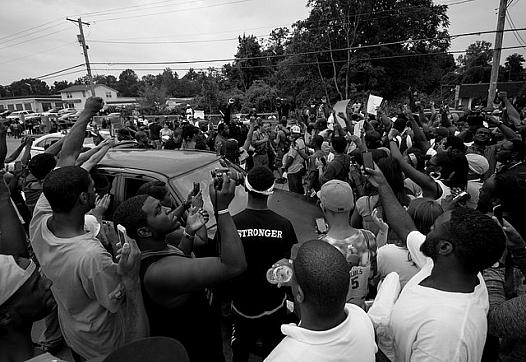
The Michael Brown case has come to symbolize popular disillusionment with finding justice, but it's also about quality-of-life issues and resources for poor residents in places like Ferguson, a majority black suburban city where poverty is prevalent.